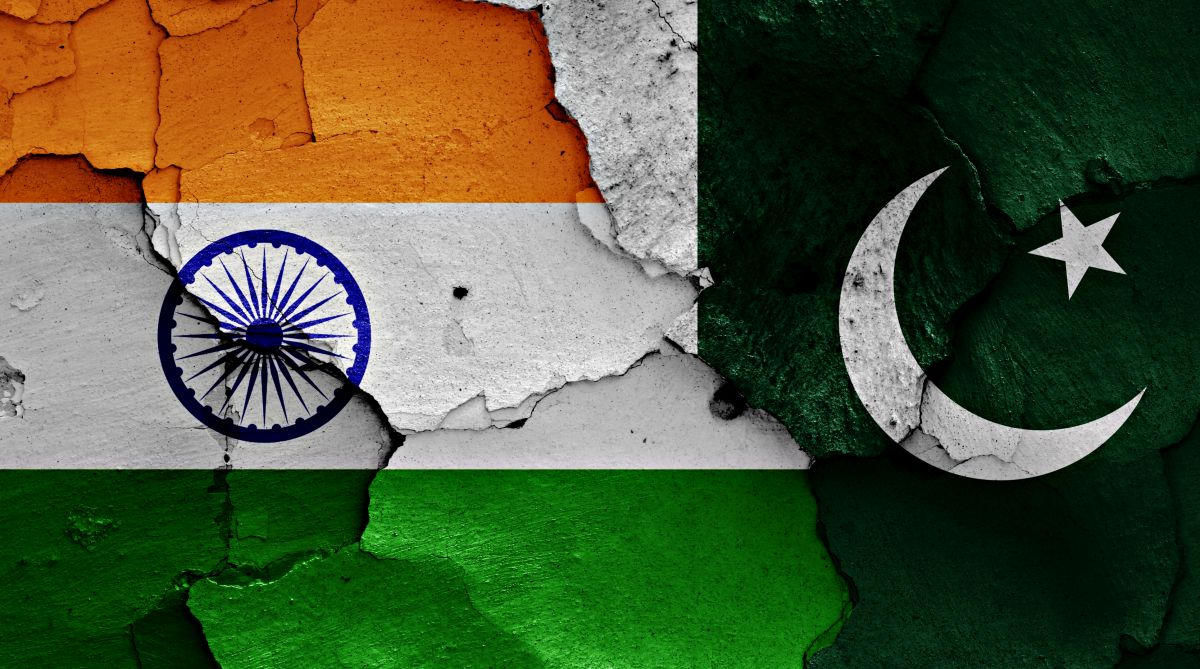India’s refusal to allow a group of India-based foreign journalists to travel to Pakistan via the Wagah border crossing has stoked concern about press freedom in India.
A group of five journalists was invited by the Pakistan government to attend the Aug 5 session of the Azad Jammu and Kashmir Legislative Assembly, besides meeting Prime Minister Imran Khan and other officials.
The group, which included Emily Schinall (The New York Times), Alex Travelli (The Economist), Eoun Rocha (Reuters), and Peter Rober Hornung (ARD Germany) was to visit Pakistan from Aug 3 to 7 along with Pakistan High Commission Delhi’s Press Attache Jamil Baitu.
The fifth member — Andreas Benedikt Babst (Neue Zurcher Zeitung, Switzerland) — is already in Pakistan and would have returned with the group at the end of the trip.
The invitation for the group was part of government efforts to promote its narrative on Kashmir.
Since there were no available flights, Pakistan requested Indian authorities to allow them to travel via the Wagah-Attari border crossing, which is otherwise closed for routine travel except for diplomats and emergency cases because of the Covid-19 pandemic.
However, the Indian authorities declined to allow them to travel through the Wagah border citing existing restrictions.
Indian refusal prompted Pakistani leaders to raise a concern about freedom of the press in India under the Modi government.
The denial of permission by India to 5 international journalists to travel to Pakistan, in which a visit to the Azad Kashmir Assembly was scheduled, is another damning indication of shrinking space for free speech and independent journalism under a dictatorial regime.
— Shah Mahmood Qureshi (@SMQureshiPTI) August 4, 2021
Foreign Minister Shah Mahmood Qureshi led the charge, saying the independence of media was shrinking under Modi. He tweeted: “The denial of permission by India to 5 international journalists to travel to Pakistan, in which a visit to the Azad Kashmir Assembly was scheduled, is another damning indication of shrinking space for free speech and independent journalism under a dictatorial regime.”










